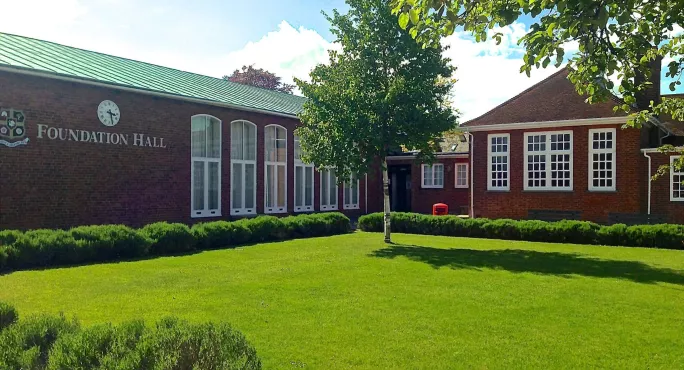Headteachers from a group of grammar schools in Buckinghamshire discussed a potentially illegal admissions policy to discriminate against pupils living outside of the local authority area, Tes can reveal.
Minutes of meetings obtained through a freedom of information request found that headteachers of a consortium of 13 academies known as The Buckinghamshire Grammar Schools (TBGS) discussed skewing admissions to favour pupils from within the same county.
One set of the minutes in question, from a meeting in March 2014, records, under the heading “Alternative Standardisations” how out of county pupil applications had “significantly increased”.
Minutes in the same section also state: “The consensus of the heads based on the preliminary data shared was to try and increase the number of in county admissions.”
It adds that it had been agreed that “in county test results should be standardised and out of county would then be retro fitted.”
Minutes from a meeting of the grammar school leaders, in May 2014, state: “At present all Bucks children who qualify are given a grammar school place, not necessarily at their first preference. If the Bucks cohort increases this may change.
“All heads agreed it was very important Bucks children continued to get places so therefore the standardisation must be amended to reflect this.”
The skewing of admissions to favour applications from Buckinghamshire would be illegal under the Greenwich Judgement 1989, which is part of the School Standards and Framework Act as outlined in official admissions guidelines.
It requires that “children are not treated less favourably for admission just because they live outside the local authority in which the school is located”.
The schools have admitted that heads discussed “suggestions that marks be allotted differently” because of their concerns about “11 plus tourism”’. But they say the suggestions were never acted on.
The minutes were only released following a lengthy legal process in which TGBS appealed a decision by the Information Commissioner’s Office that they should be released.
The TBGS had said the information in the minutes was “highly technical and open to interpretation by non-specialists” and said it was “subject to change on an annual basis”.
It also stated that “if this information was released it would be used negatively to undermine the test in Buckinghamshire. If this happened it would cause significant distress and concern to children and their parents.”
But judge Chris Hughes dismissed the appeal stating that there was “considerable public interest in understanding how children in Buckinghamshire move into secondary school.”
He said: “A proper understanding of that, which affects so many children and involves the expenditure of the millions of public funding is a matter of substantial local importance.”
The TGBS said it “strongly denied” that it had illegally marked admission tests differently for children living outside the county.
TBGS chairman Mark Sturgeon, who is head teacher of Aylesbury Grammar School, said: “TBGS does not have and never has had a differential marking policy for children outside of the county sitting the Secondary Transfer Test. All marking is done by a single independent test provider and is identical for all candidates.
“There was a discussion among heads some years ago over their valid concerns about ‘11 plus tourism’, which included suggestions that marks be allotted differently. However, it was a discussion only and as it was subsequently pointed out that this practice wasn’t appropriate no further action was taken.”




